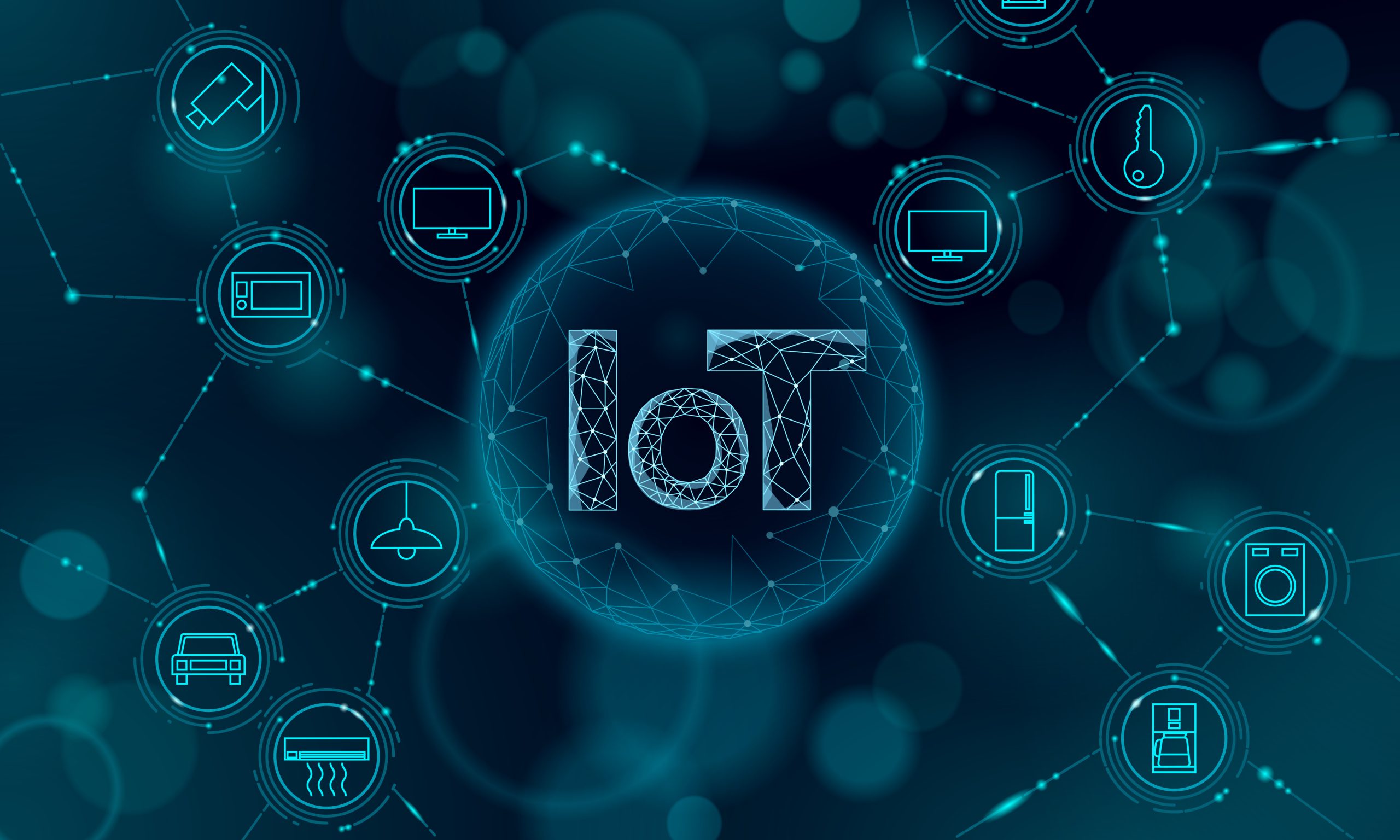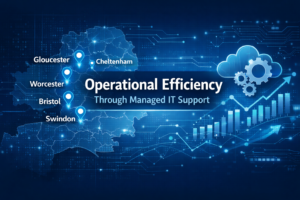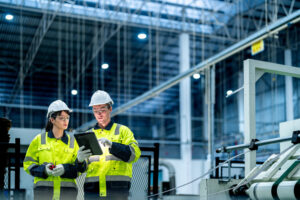
The Role of Internet of Things (IoT) in Transforming Industries
Introduction
The Internet of Things (IoT) has emerged as a transformative force, reshaping industries and revolutionizing the way we interact with the world around us. With its ability to connect devices, collect data, and enable automation, the IoT is driving unprecedented advancements across various sectors. From smart cities to manufacturing processes, the IoT is playing a pivotal role in transforming industries and opening up new opportunities for efficiency, sustainability, and innovation.
The concept of the Internet of Things refers to the network of physical devices embedded with sensors, software, and connectivity capabilities, enabling them to collect and exchange data. These devices, often referred to as “smart” devices, can range from everyday objects like home appliances and wearables to complex industrial machinery. The IoT enables these devices to communicate and interact with each other, creating a vast web of connected devices and systems.
The impact of the IoT on industries is profound. It is revolutionizing the way we manage resources, make decisions, and operate businesses. Through the deployment of IoT sensors and connectivity infrastructure, industries can collect real-time data on various aspects of their operations, from production lines and supply chains to energy consumption and customer behavior.
This article explores the key role of the Internet of Things in transforming industries, highlighting its impact on smart cities, industrial processes, connectivity, sensor networks, data analytics, and the challenges and opportunities it presents.
One of the key areas where the IoT is making a significant impact is in the development of smart cities. With the rapid urbanization of global populations, cities are faced with the challenge of efficiently managing resources, enhancing quality of life, and reducing environmental impact. The IoT plays a pivotal role in addressing these challenges by integrating various urban systems and enabling data-driven decision-making.
Through the deployment of IoT sensors and connectivity infrastructure, cities can collect real-time data on traffic patterns, air quality, energy consumption, waste management, and more. This data allows city administrators to gain valuable insights and optimize resource allocation. For example, smart parking systems equipped with IoT sensors can guide drivers to available parking spaces, reducing congestion and emissions. Similarly, smart lighting systems can adjust illumination levels based on real-time data, enhancing energy efficiency and reducing costs.
The Industrial Internet of Things (IIoT), a subset of the IoT, is transforming traditional industrial processes. IIoT leverages connectivity and data analytics to optimize manufacturing, supply chain management, and asset monitoring. By integrating sensors and IoT-enabled devices, manufacturers can capture real-time data on machine performance, product quality, and energy consumption, enabling proactive maintenance and enhancing operational efficiency.
Industrial IoT also facilitates the concept of “smart factories” or “Industry 4.0.” In smart factories, machines and systems are interconnected, sharing real-time data and enabling autonomous decision-making. This interconnectedness allows for efficient production planning, reduced downtime, and improved product quality. With the help of IoT-enabled technologies, manufacturers can achieve higher levels of automation, agility, and responsiveness to market demands.
Connectivity is a critical aspect of the IoT revolution. The proliferation of wireless networks, such as 5G, is playing a crucial role in facilitating the seamless connection of devices. The high-speed, low-latency capabilities of 5G networks enable real-time communication between devices, allowing for faster data exchange and enabling applications that require instant responses. The advent of 5G will significantly accelerate the growth of the IoT, unlocking new possibilities in areas such as autonomous vehicles, remote healthcare, and immersive virtual experiences.
Sensor networks are the backbone of the IoT, enabling devices to collect and transmit data. Sensors embedded in devices can capture information on temperature, humidity, motion, light, and much more. These sensors form networks that communicate with each other, aggregating and transmitting data to centralized systems for analysis and decision-making. The data collected by sensor networks enables businesses and organizations to gain valuable insights into operational efficiency, customer behavior, and environmental conditions.
The massive amounts of data generated by IoT devices present both opportunities and challenges. To derive meaningful insights from the data deluge, advanced data analytics techniques, including machine learning and artificial intelligence, are employed. These analytics tools help extract actionable insights, detect patterns, and make predictions based on the data collected from IoT devices. By leveraging data analytics, businesses can optimize operations, enhance customer experiences, and drive innovation.
However, the widespread adoption of the IoT also raises concerns regarding data privacy and security. With the proliferation of connected devices, the risk of data breaches and unauthorized access increases. It is imperative for organizations and policymakers to prioritize data security measures, including robust encryption, authentication protocols, and secure communication channels. Furthermore, privacy regulations and standards must be in place to protect individuals’ personal information collected through IoT devices.
Conclusion
Internet of Things has emerged as a powerful force driving the transformation of industries. From smart cities to industrial processes, connectivity to sensor networks, data analytics to security, the IoT offers unprecedented opportunities for innovation, efficiency, and sustainability. As organizations continue to embrace the IoT, it is essential to address security and privacy concerns, ensuring the responsible and ethical implementation of this technology. The IoT revolution is set to reshape industries, empowering businesses and societies to unlock the full potential of connected devices, data-driven insights, and automation. Embracing the transformative power of the IoT will enable industries to thrive in the digital age and create a smarter and more connected world.
Table of Contents
Would you like to know how we can help?
Get in touch



